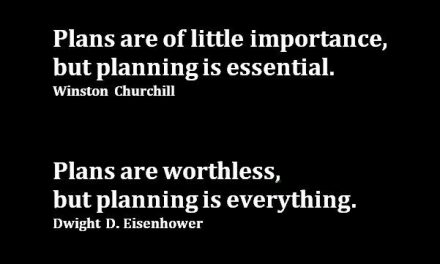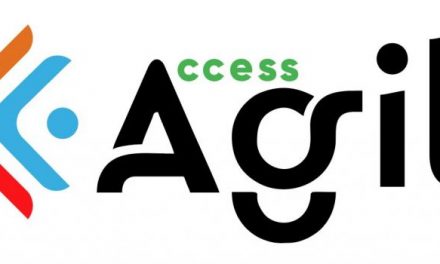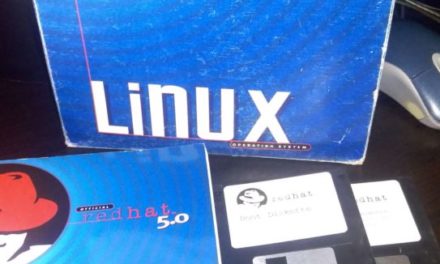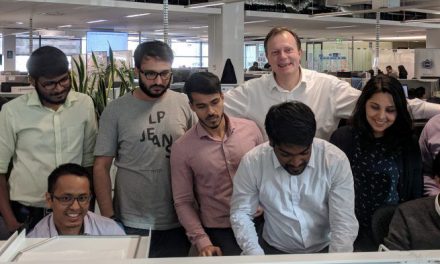 Image from author collection, bust of Plato
Image from author collection, bust of Plato
Linking wisdom with knowledge and action.
It’s like a modernised scene from Dirty Harry: do you feel lucky, are you a zero or a one? Do something or don’t, become a yes, become a one, don’t, become a zero; make your own “luck”.
Plato, circa 380 B.C.E, in the Euthydemus dialogue proffers that we make our own luck: good luck is brought about through wisdom per
…Surely wisdom is good-fortune; even a child may know that.
The simple-minded youth was amazed; and, observing his surprise, I said to him: Do you not know, Cleinias, that flute-players are most fortunate and successful in performing on the flute?
He assented.
And are not the scribes most fortunate in writing and reading letters?Certainly.
Amid the dangers of the sea, again, are any more fortunate on the whole than wise pilots?None, certainly.
And if you were engaged in war, in whose company would you rather take the risk-in company with a wise general, or with a foolish one?With a wise one.
And if you were ill, whom would you rather have as a companion in a dangerous illness-a wise physician, or an ignorant one?A wise one.
You think, I said, that to act with a wise man is more fortunate than to act with an ignorant one?He assented.
Then wisdom always makes men fortunate: for by wisdom no man would ever err, and therefore he must act rightly and succeed, or his wisdom would be wisdom no longer.We contrived at last, somehow or other, to agree in a general conclusion, that he who had wisdom had no need of fortune.
How does that relate to “the role of wisdom”? Wisdom imbibes fortune (“luck”) when fortune is attained through knowledge of the new potentials of the digital disruption landscape, we choose to know and we choose to act and these combined with thought give us opportunity. We consciously make our own “luck”.
Know -> Think -> Act













